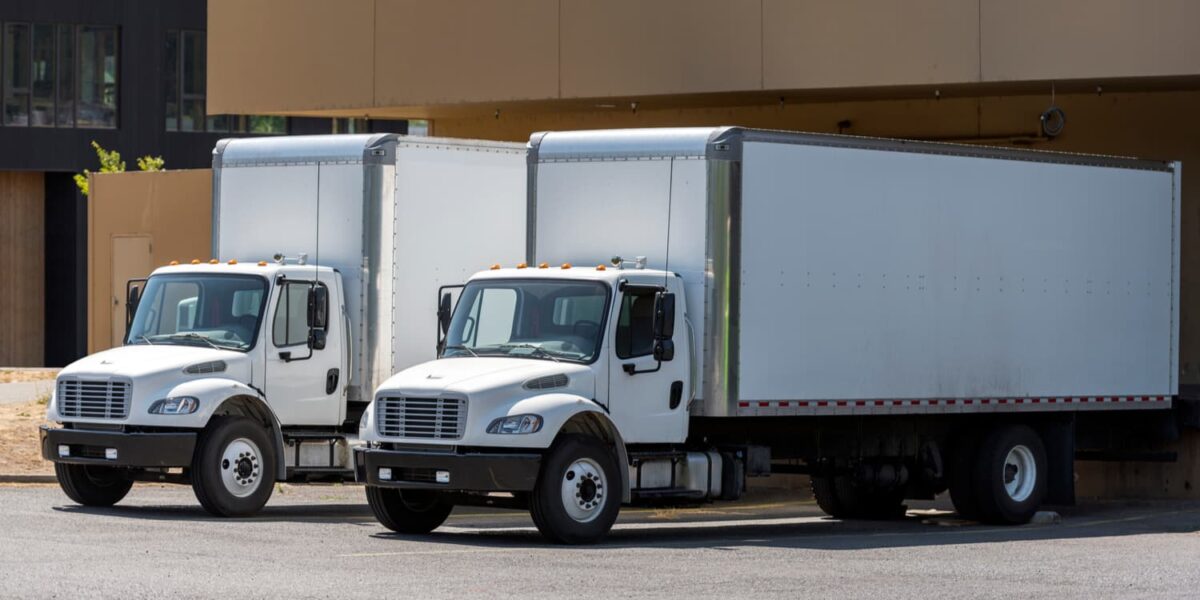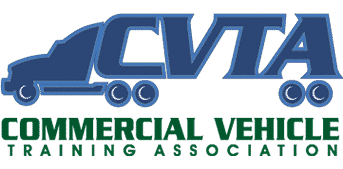Many people associate a commercial driver’s license (CDL) with long-haul truck driving. This is definitely one of the most popular careers available to CDL holders, but it is by no means the only option. There are a wide variety of commercial motor vehicles (CMVs) that you can operate with a CDL, including box/straight trucks, which are the kind typically used as delivery vehicles. If you are interested in a local trucking job, you may be wondering whether a CDL is necessary to become a delivery truck driver. This depends on a variety of different factors.
In General, Who Needs a CDL?
The Federal Motor Carrier Safety Administration (FMCSA) regulates the operation of CMVs. Their rules determine when a CDL is necessary. Any vehicle with a gross vehicle weight rating (GVWR) of 26,001 pounds or more requires a CDL. This is the general guideline to keep in mind when determining whether a delivery truck driving job requires a CDL. If the trucks in question fit this definition, the answer is yes.
Determining Which Delivery Truck Driving Jobs Require a CDL
It can be difficult to figure out whether a given delivery truck job requires a CDL based on the FMCSA criteria, especially if you aren’t familiar with the trucks being used. The easiest way to determine this is to look up the requirements for the specific company or position you are interested in. Their job listings should clearly state if a CDL is necessary.
In general, delivery trucks for consumer packages are less likely to require a CDL since these vehicles are smaller. However, this is not always the case, so you should double-check the requirements for the exact job opening. Frequently, companies that deliver larger items or larger quantities locally require a commercial license. The goods/materials being delivered can include furniture, medical supplies, food, and more.
What Is a Delivery Truck Driving Job Like?
The day-to-day schedule of a local delivery driver varies depending on the company and what is being delivered. In general, these types of jobs allow you to be home nightly and you will often travel the same or a similar route each day. This can be a great option for CDL graduates who are not interested in the lifestyle of over-the-road trucking.
Earn Your CDL
If the delivery truck driving job you are interested in requires a commercial license, Phoenix Truck Driving School can help you earn your CDL. Our students have access to a wide variety of opportunities and trucking is only one of the many possibilities. A local driving job may be a great fit for you and you can also consider regional trucking, highway maintenance, and more. Our job placement assistance team can discuss your goals with you and help you find companies that are hiring.





